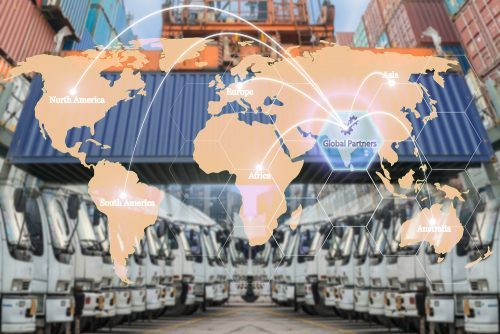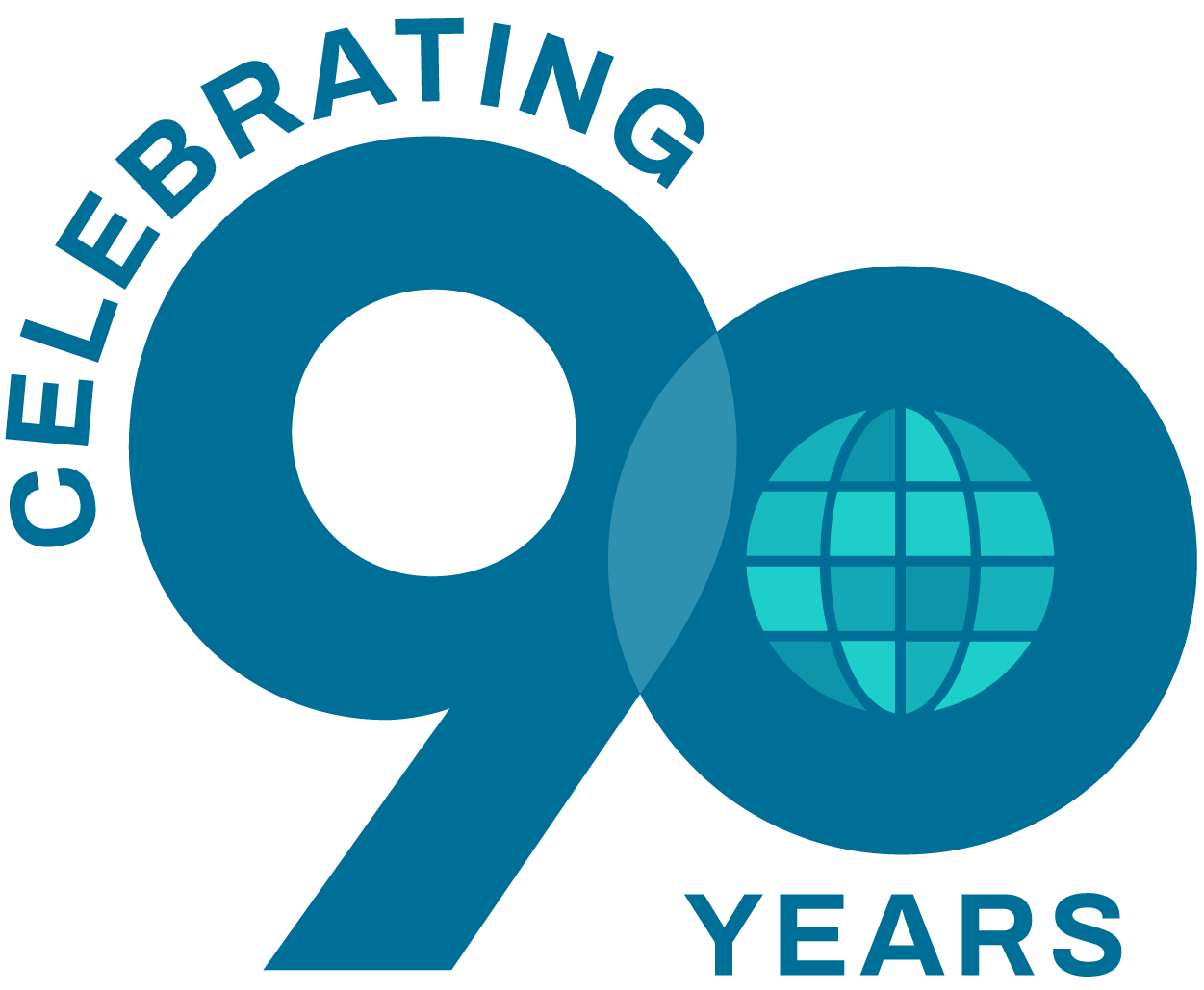February 24, 2017 | Industry Insights, Insights, Transportation
Transportation Management Key in Enhancing Supply Chain Visibility, Reducing Costs

Freight transportation costs in the United States amount to about 6% of the GDP, according to the Department of Transportation, contributing significantly to the cost of the supply chain for companies. When companies look to manage and reduce their overall supply chain costs, the appropriate use of transportation is key in doing so.
Transportation management enables a firm’s transportation strategy to support its competitive strategy and its ability to deliver a level of responsiveness to customers. Without proper transportation management, companies lose out on savings and opportunities. For instance, when freight costs are high, minor oversights can result in unnecessary expenses that cut into a firm’s overall profit margins. Product write-offs can occur when sales channels are oversupplied, while undersupplied sales channels can have negative results in the form of missed sale opportunities. Whether it is a large enterprise or a small business where margins are rather low, transportation costs are a crucial element to a company’s profitability.
In order to properly manage transportation costs, you need the ability to have real transportation supply chain visibility. This requires true system integration operating between a warehouse management system, management of the procurement, storage, and the packing and delivery process. This allows for better communication between all of the parties involved and provides clients with the ability to check on whether there will be time delays, added expenses, and even backlogs. Any of the these events can throw off production schedules, even creating idle labor or lost sales. So, as the costs add up, you can see the importance of focusing on understanding transportation’s role in the supply chain.
It’s also important to see the supply chain as a living thing, constantly evolving and necessitating flexibility to respond to these changes. For example, some suppliers like to challenge incumbents to offer better pricing or services, raw materials may fluctuate in price, or foreign exchange rates could alter. Any of these changes can affect the transportation supply chain as well. This means the supply chain is not static, and if the supply chain is not static then the distribution requirements will change. Transportation systems must change in response and it’s up to the shipper putting in place systems either in-house or through a third-party logistics provider (3PL) to provide that expertise.
Working with a 3PL in fact can help a company without in-house expertise to rein in transportation costs. A 3PL can determine which mode of transportation and which carrier is best for each particular shipment. 3PLs have a strong handle on the marketplace, know how to best optimize a customer’s freight network by laying it out in such a way that the flow of freight transportation is more efficient and timely, can leverage multiple carriers, and have robust tracking capabilities that provide clients with secure access, total visibility, and the ability to track cargo and submit queries.
Businesses of all sizes across all industries should improve their transportation management as part of their overall supply chain as a way of reducing the occurrence of supply chain errors and lowering their total costs.
Roanoke Trade provides insurance and risk management solutions to the trade and transportation industry. For more information about our products and services, contact one of our Roanoke Trade professionals at 1-800- ROANOKE (800-762- 6653).
Source: Supply Chain Dive






